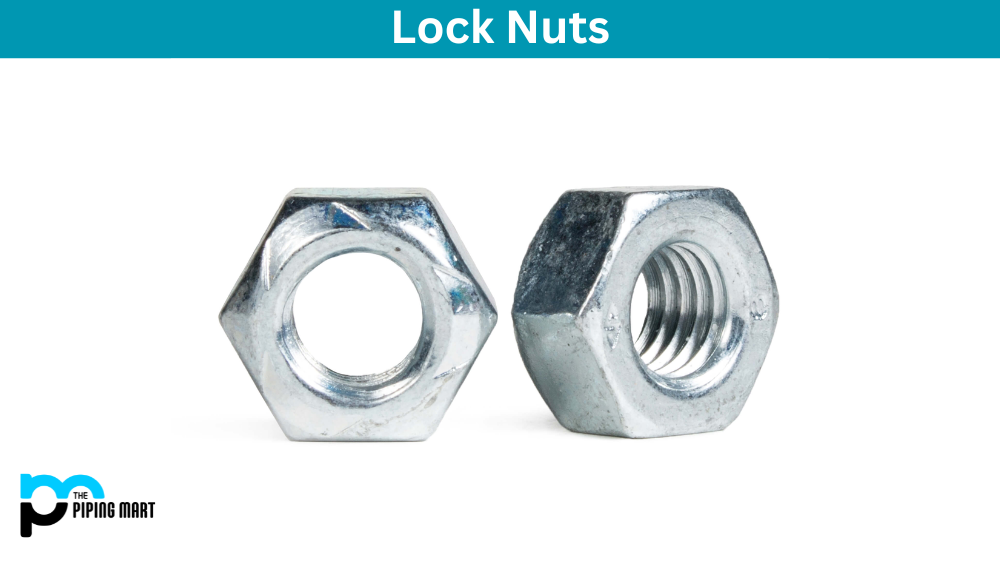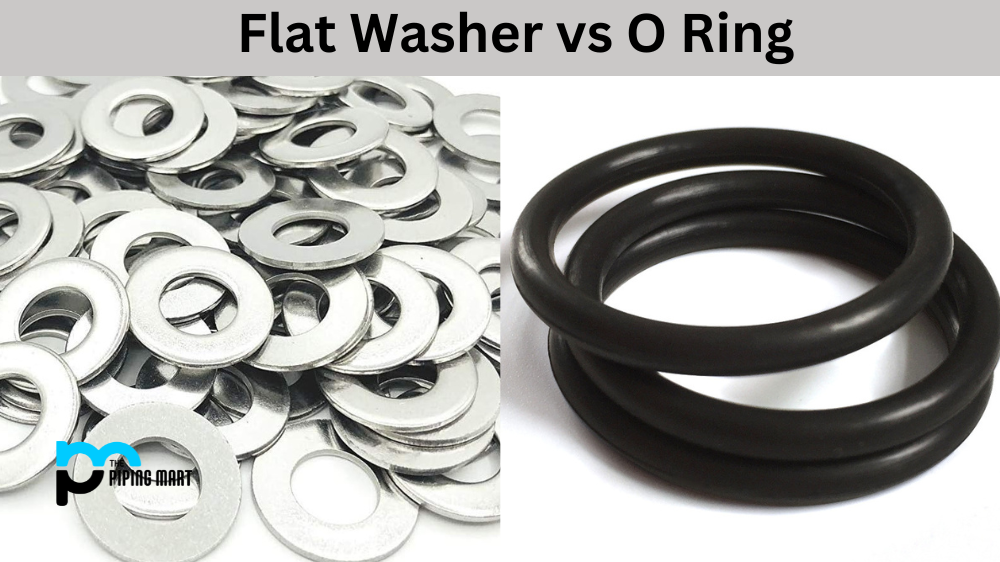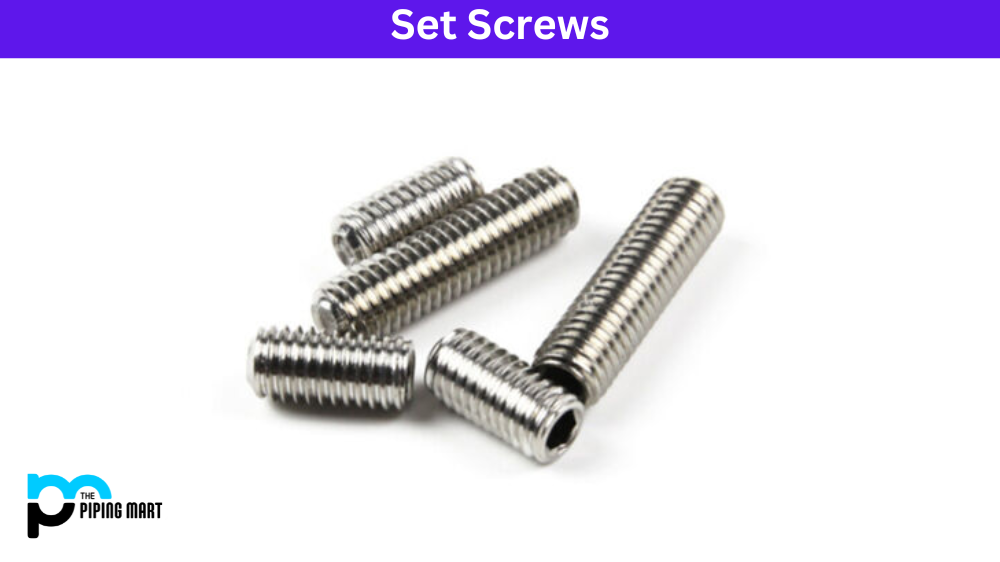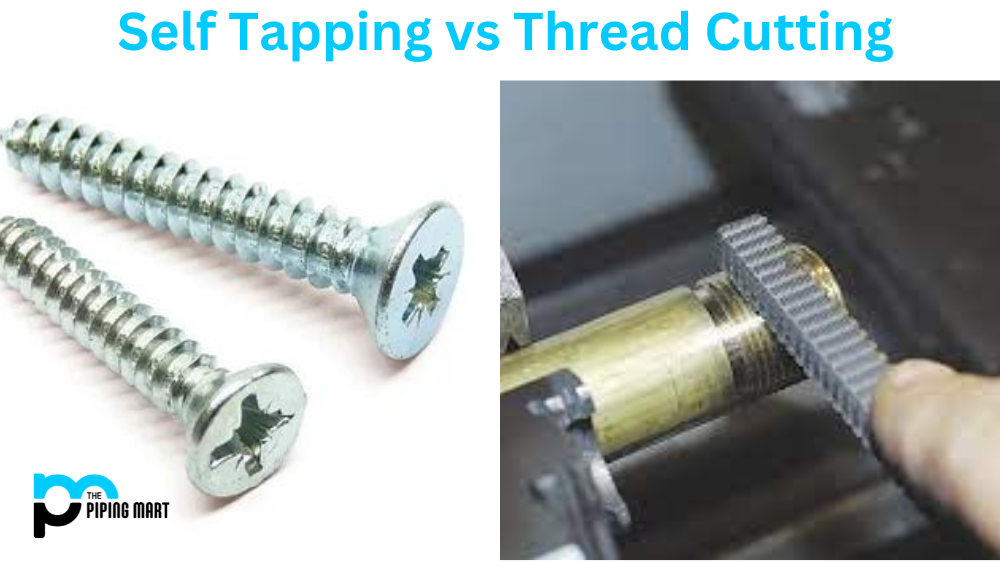Do you know that there are different types of lock nuts? These small but essential pieces of hardware are often used to secure bolts and screws in place. They prevent them from loosening due to vibrations, temperature changes, and other environmental factors. However, not all lock nuts are created equal. Depending on your application, you may need a specific type of lock nut to achieve the desired level of security, durability, and ease of use. In this blog post, we’ll explore the most common types of lock nuts and their advantages and disadvantages. By the end of this guide, you can confidently choose the right lock nut for your project.
Types of Lock Nut
Nylon Insert Lock Nut
Nylon insert lock nuts, also called Nyloc nuts, are the most popular. They feature a nylon ring or collar at the top of the threads, which deforms when the nut is tightened. The nylon ring creates a friction force that keeps the nut in place, even in high-vibration environments. Nylon insert lock nuts are easy to install and remove, providing excellent corrosion resistance. However, they may not withstand high temperatures or extreme pressure, and the nylon insert may deteriorate over time.
All-Metal Lock Nut
All-metal lock nuts do not have any nylon or plastic inserts. Instead, their threads are distorted by a specialized bearing surface, such as a convex disc or a series of flats or grooves. All-metal lock nuts offer superior resistance to vibration and high temperatures and are less likely to deform or fatigue than nylon insert lock nuts. They are also compatible with a broader range of fasteners and surfaces. However, they may be more challenging to install or remove and require more torque than nylon insert lock nuts.
Jam Nut
As a vital component in various industrial applications, the jam nut might be small, but it plays a significant role. This type of nut is typically used to help lock a machinery’s orientation in place to prevent accidental adjustments. The jam nut’s design lets it tighten and loosen without disturbing the primary nuts. With the correct installation and usage, jam nuts can offer superior stability and control in various critical engineering tasks.
Castellated Lock Nut
The castellated lock nut is a crucial component in various mechanical applications, especially in fastening objects securely in place. With its unique protruding finger design, the nut securely locks onto the bolt, allowing easy disassembly. This type of lock nut is commonly used in the automotive and aerospace industries, where there is a need for high-level security and safety. Its durability and strength make it an excellent choice for heavy-duty machinery, providing added peace of mind for any industrial application.
Prevailing Torque Lock Nut
Prevailing torque lock nuts are a variation of all-metal lock nuts that intentionally distort the threads to create a prevailing torque. The overall torque is a resistance force that actively opposes loosening, making it one of the most reliable lock nuts. Prevailing torque lock nuts may have a top-lock or a side-lock design, depending on the application. They are commonly used in automotive, aerospace, and construction industries, where safety and durability are critical. However, prevailing torque lock nuts may be more expensive than other types and require a specialized installation tool or fixture.
Keps Lock Nut
Keps lock nuts, sometimes called K-lock nuts or washer nuts, have an integrated external washer that bites into the surface of the assembly to prevent loosening. The washer’s serrations create additional friction and tension, making Keps nuts excellent for lightweight and low-stress applications. They are also easy to install and can reduce the number of separate parts needed. However, they may need to provide more resistance to vibration or high loads, especially if the washer becomes damaged or worn.
Cone-Lock Nut
Cone-lock nuts, also known as Stover nuts, have a conical flange at the top of the threads that compresses against the surface of the fastening assembly. The compressive force creates a locking action that prevents the nut from turning, even under extreme conditions. Cone-lock nuts are typically used in high-stress and critical applications, such as power generation, defence, and heavy machinery. They have excellent resistance to vibration, high temperatures, and chemicals. However, installing them may be more challenging and require a flat surface for optimal locking performance.
Conclusion
In conclusion, choosing the right lock nut for your project can significantly affect its performance, safety, and longevity. By understanding the different types of lock nuts and their advantages and disadvantages, you can select the most suitable one for your specific needs. Nylon insert lock nuts are ideal for most general-purpose applications, while all-metal lock nuts are suitable for high-temperature and high-pressure environments. Prevailing torque lock nuts are the most reliable, durable, and expensive. Depending on the application keeps and cone-lock nuts offer unique locking mechanisms and benefits. When in doubt, consult a trusted supplier or engineer for expert advice.

A passionate metal industry expert and blogger. With over 5 years of experience in the field, Palak brings a wealth of knowledge and insight to her writing. Whether discussing the latest trends in the metal industry or sharing tips, she is dedicated to helping others succeed in the metal industry.




